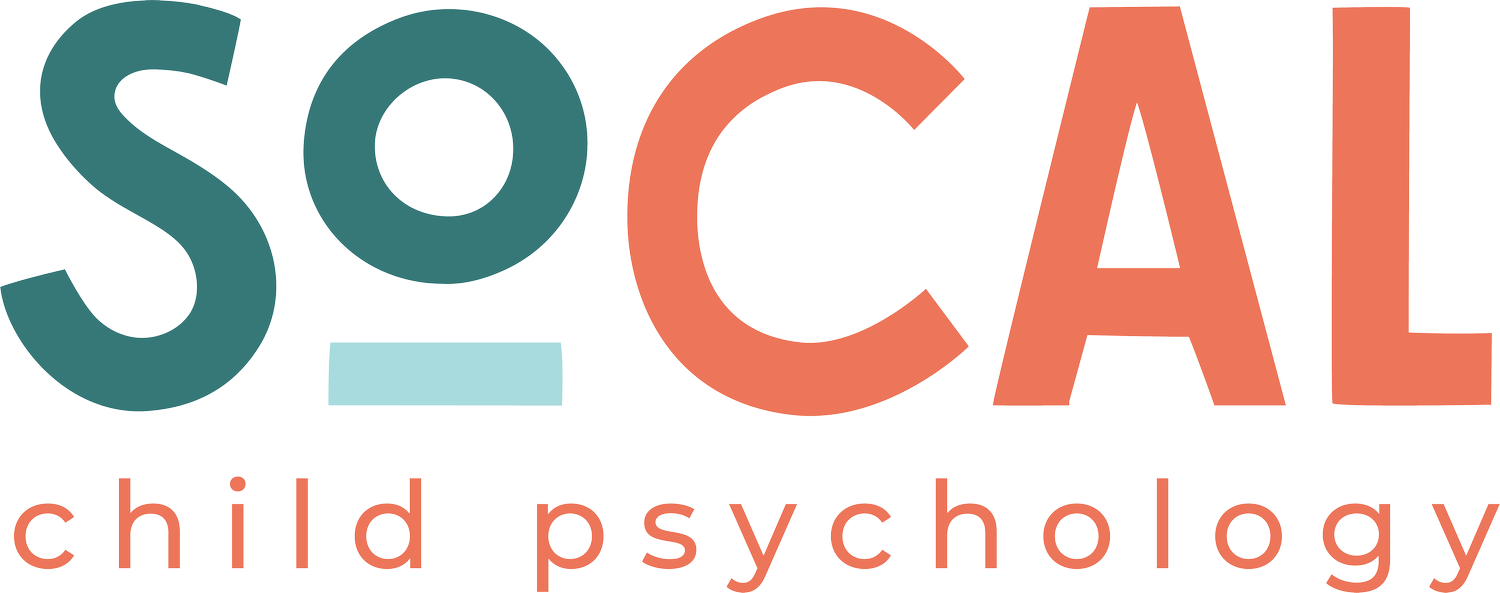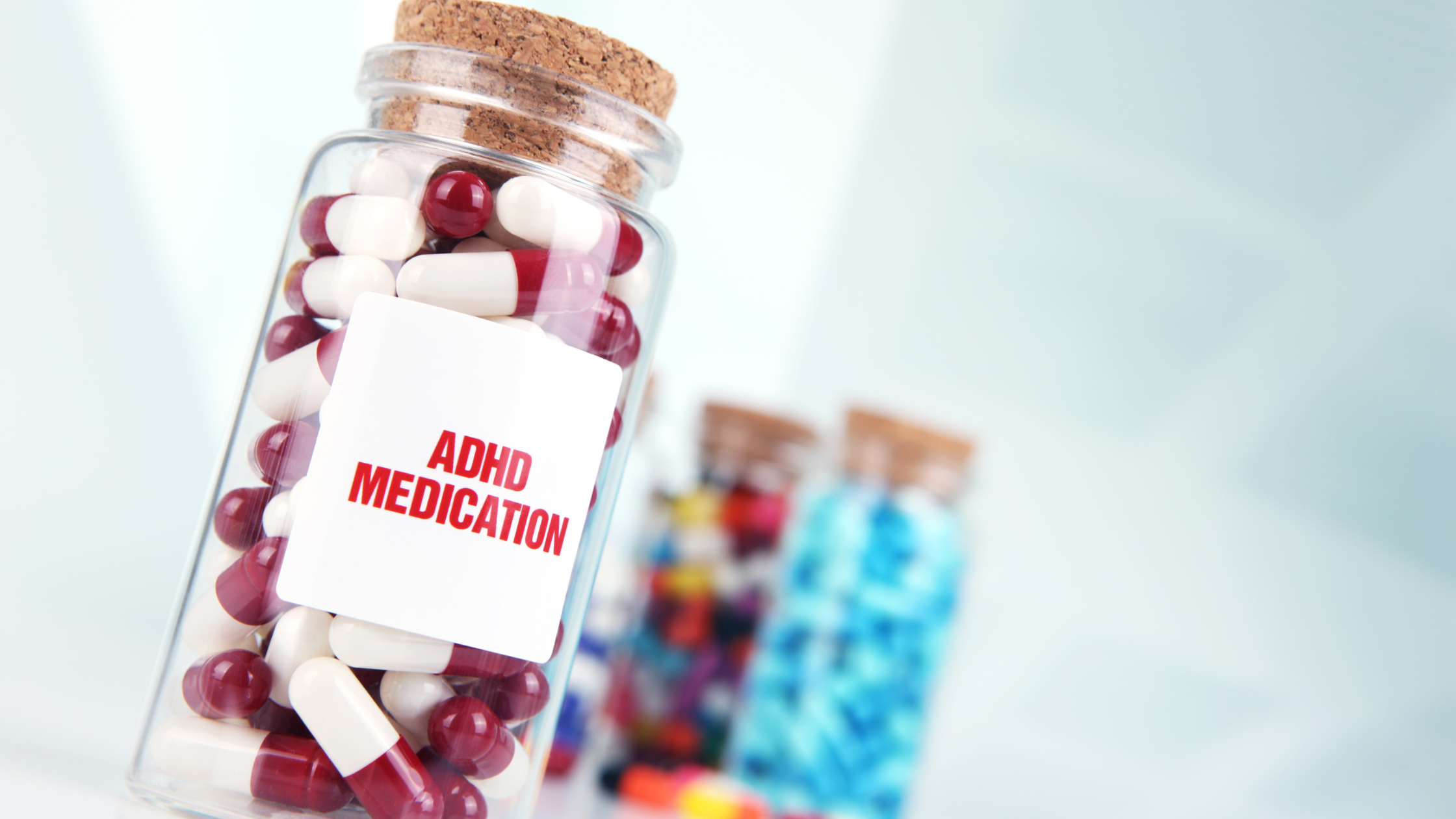Tips for Adult ADHD
This is a guest blog written in collaboration with Dr. Patrick LaCount, who is a licensed psychologist in Fort Collins, Colorado specializing in working with adults and college students with ADHD.
Managing Stress as an Adult with ADHD
Approximately 10 million adults are living with ADHD. Living as an adult with ADHD can bring about challenges in the workplace, relationships, friendships, and parenting.
ADHD also tends to run in families, meaning that there are increased odds that your child may also be diagnosed with ADHD, adding even more stressors to parenting.
As a psychologist in San Diego, I often work with parents of kids with ADHD navigating both parenting and their own stress at the same time.
In order to manage your stress as an adult with ADHD, check out the tips below.
How ADHD Affects Adults
Adults with ADHD may also have difficulties with executive functioning.
Executive functions are those that help you self-regulate and direct yourself toward long-term goals. Because adults with ADHD have difficulties with executive functioning this can often impact them across many areas.
For example, adults with ADHD may struggle to plan and manage their time effectively at work.
In romantic relationships, ADHD adults may be forgetful of dates or not regulate their emotions.
In friendships, ADHD adults may not initiate future plans or may not follow through with set plans due to organization and time management difficulties.
Being an adult with ADHD looks different than being with kids, but there are ways to make things easier for you.
How to Reduce Stress as an ADHD Adult
1. Focus on maintaining health and self-care basics.
When people are stressed, they tend to turn towards unhealthy behaviors (e.g., emotional eating) and let important self-care basics such as sleep slide.
This is especially the case for many adults with ADHD and is particularly troublesome since neglecting health can exacerbate existing difficulties (e.g., executive functioning) and result in poor health outcomes.
2. Utilize a planner to maintain appointments.
Deficits in executive function (your ability to self-regulate your behavior towards adaptive, long-term goals) is a component that underlies many of the difficulties experienced by adults with ADHD.
TOPS are compensatory strategies that can be used to manage executive function difficulties.
These skills can include using timers or alarms to help monitor time and avoid inadvertently “hyperfocusing” on the wrong thing, using a planner to keep track of appointments and commitments, and creating a daily task list to reduce demands on working memory.
3. Create a daily task list to reduce the working memory load.
Working memory is the amount of information that you can hold in your mind temporarily. Individuals with ADHD, often struggle to hold many things in their minds at once. This may lead to difficulties remembering to do things.
4. Seek out support.
Therapy and medication are effective treatments for ADHD, and can help you reduce your stress around day-to-day life.
The medications most commonly used to treat ADHD are called stimulants. They can come in short-acting (4-6 hours) and long-acting (~12 hours) forms and fall into two families—amphetamine (e.g., Adderall, Vyvanse) and methylphenidate (e.g., Concerta, Ritalin).
Stimulant medications for ADHD work by increasing the availability of dopamine and norepinephrine in the regions of the brain associated with attention and self-regulation.
Non-stimulant medications used to treat ADHD in adults include atomoxetine (e.g., Strattera), which increases norepinephrine, and sometimes bupropion (e.g., Wellbutrin), an antidepressant drug that increases both dopamine and norepinephrine.
However, medications are not the right choice for everyone.
Some people have intolerable side effects or find the medication to be ineffective. Because there is no way yet to predict which medication will work for which patient, adults with ADHD should work closely with their doctor to try different medication types and doses to find the one that provides the right balance of positive effects with minimal side effects.
The bottom line is, although medications are not a perfect solution, medication is an important part of the treatment toolbox for many adults with ADHD.
Whereas medications treat ADHD “from the inside out,” specialized therapy for ADHD works “from the outside in” by helping adults learn skills and structure their environments to mitigate the impact of ADHD on their lives.
In cognitive behavioral therapy (CBT), clients work with a therapist to understand the interaction between their thoughts, feelings, and actions and learn skills to cope with problems and meet important goals. There are different styles of CBT based on the problem that adults want to work on.
Most CBTs teach clients to become aware of the effects of their thought patterns on emotions and actions so that unhelpful thoughts can have less influence.
In 2017, a meta-analysis, a type of study that quantitatively summarizes the effects of multiple studies, found that adults with ADHD who engaged in CBT saw reductions in their symptoms and functioning (e.g., school performance, work functioning, interpersonal functioning).
While cognitive behavioral therapy for adult ADHD appears to be a promising option for ADHD treatment, unfortunately, it can be difficult to find a therapist. Because therapy aimed at adult ADHD is relatively new, fewer clinicians have been trained in this approach.
If you’re an ADHD adult looking for support, Dr. LaCount can see clients in over 30+ states. To learn more, visit his website.
We know that therapy may not be accessible to everyone. Although not a replacement for therapy, the following resources may be helpful for learning more about adult ADHD and the skills associated with ADHD.
Favorite Resources for ADHD Adults:
ADHD 2.0: New Science and Essential Strategies for Thriving with Distraction—from Childhood Through Adulthood by Edward Hallowell, MD and John Ratey, MD
Taking Charge of Adult ADHD: Proven Strategies to Succeed at Work, at Home, and in Relationships by Russel Barkley, Ph.D. and Christine Benton
Getting Ahead of ADHD: What Next-Generation Science Says about Treatments That Work—and How You Can Make them Work for Your Child by Joel Nigg, PhD
We hope that these resources are helpful to you and your family. If you did find them helpful, let us know!
**This page contains affiliate links. I may receive a commission for the books recommended within this page.





